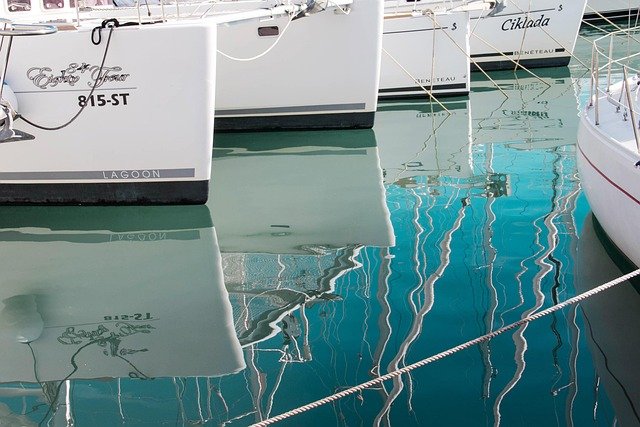Navigating the World of Boats for Sale: A Comprehensive Guide
The boat-buying journey represents a significant investment in leisure and lifestyle. Whether you're seeking a weekend fishing vessel, a family cruiser, or a luxury yacht, understanding the boat market is crucial for making an informed decision. This guide explores essential aspects of boat shopping, from types and pricing to important considerations for first-time buyers.

Key Factors in Boat Selection
Several crucial elements influence boat selection. Consider the primary intended use, required size, and frequency of use. Operating costs, including fuel consumption, maintenance, and storage fees, significantly impact total ownership expenses. Additionally, evaluate your local waterways and weather conditions to ensure your chosen vessel suits the environment.
New vs. Used Boat Considerations
The decision between new and used boats involves multiple factors. New boats offer warranties, latest technologies, and customization options but come at premium prices. Used boats provide cost savings and often retain value better, though they may require more maintenance and lack modern features. Inspection by a qualified marine surveyor is essential for used boat purchases.
Understanding Boat Market Pricing
Boat prices vary significantly based on type, size, age, and features. Here’s a general overview of market segments:
| Boat Type | Size Range | Typical Price Range |
|---|---|---|
| Jon Boats | 10-16 ft | $1,000-$5,000 |
| Center Console | 18-32 ft | $35,000-$300,000 |
| Pontoon Boats | 16-28 ft | $20,000-$150,000 |
| Cabin Cruisers | 24-40 ft | $100,000-$500,000 |
| Luxury Yachts | 40+ ft | $500,000-$5,000,000+ |
Prices, rates, or cost estimates mentioned in this article are based on the latest available information but may change over time. Independent research is advised before making financial decisions.
Essential Pre-Purchase Considerations
Before finalizing a boat purchase, consider storage options, insurance requirements, and necessary licenses or certifications. Research local marinas, maintenance facilities, and winter storage availability. Understanding registration requirements and boating regulations in your area is crucial. Additionally, factor in ongoing costs like slip fees, insurance premiums, and routine maintenance schedules.
Financing and Insurance Options
Many buyers opt for marine financing through dealerships, banks, or specialized lenders. Compare loan terms, interest rates, and down payment requirements carefully. Boat insurance is essential and varies by vessel type, usage, and location. Work with experienced marine insurance providers to ensure adequate coverage for your specific needs.
The boat-buying process requires thorough research, careful consideration of costs, and realistic assessment of usage plans. Taking time to evaluate options and understand the market helps ensure a satisfying purchase that matches your boating aspirations and budget constraints.




